May I suggest if there are five blokes to every girl, we should find out where there are beauty-disadvantaged women and ask them to proceed to Mount Isa.End Post
Writing time: 2 minutes
Time since last post: 2 days
Current media: None
My thoughts, rants, musings, adventures traveling and other writings.
May I suggest if there are five blokes to every girl, we should find out where there are beauty-disadvantaged women and ask them to proceed to Mount Isa.End Post
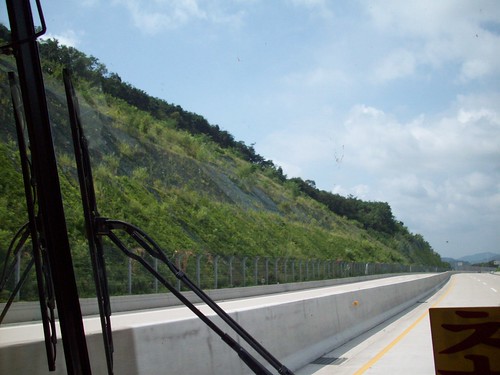
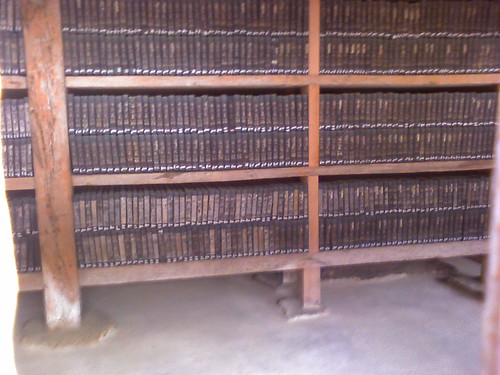 When you look at it the sheer density of writing is amazing. It is like looking at a huge and ancient library. Well, it's not like looking at a huge and ancient library. It is looking at a huge and ancient library. I think if the Library of Alexandria were still around visiting that would be a similar experience. The Library of Congress might get there if it's still around in a few hundred years.
When you look at it the sheer density of writing is amazing. It is like looking at a huge and ancient library. Well, it's not like looking at a huge and ancient library. It is looking at a huge and ancient library. I think if the Library of Alexandria were still around visiting that would be a similar experience. The Library of Congress might get there if it's still around in a few hundred years.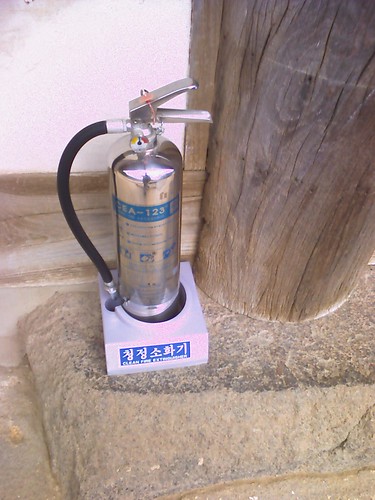
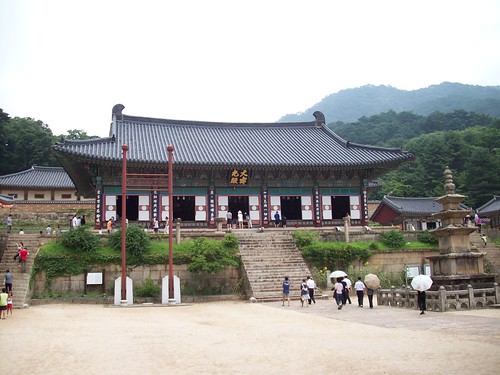 The largest building in the temple
The largest building in the temple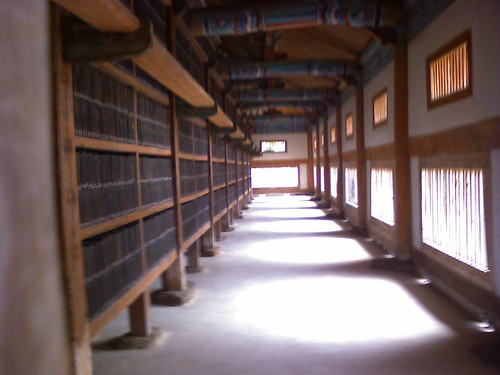 The wood blocks on their shelves
The wood blocks on their shelves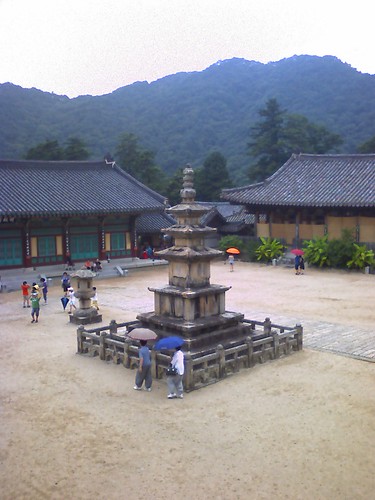 A stone thingy
A stone thingy
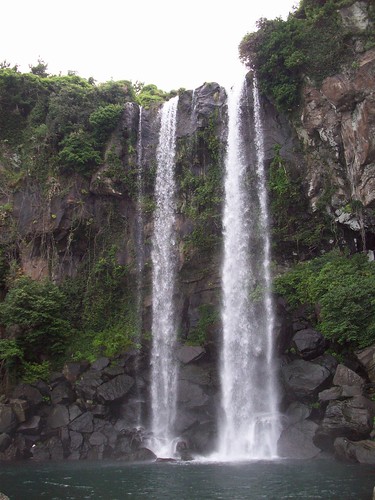

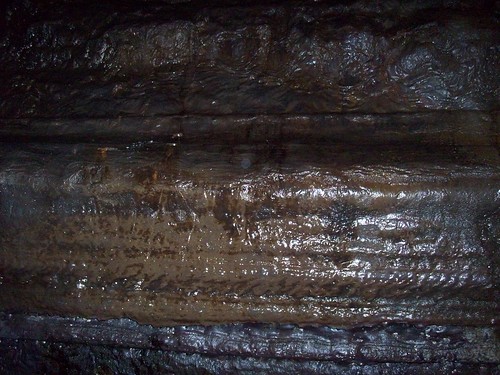


Parents are responsible for the upbringing of their children. Out of respect and courtesy it is important that young people involve their parents or guardians throughout the process of marriage. However, parental or guardian’s legal role finishes when children reach adulthood. Thereafter their role is optional and complementary. Hence the Muslim Marriage Certificate does not require the approval of the parents.
This new marriage contract is, as the British like to say, a good thing. It shows that the ideals of Islam and the ideals of the West. Except for resolving disputes through a Sharia organization, for which I'd substitute something like a marriage counselor, and having an Imam sign the it, what this document outlines is almost the way I see the marriage relationship being. If I were to change anything it would be to make it so that the rights and responsibilities of both partners are exactly the same since the wife does get out of a few responsibilities the husband has to follow, and the bit about marriage being only between a man and a woman, but that would be it.
I hope that this new nikah gets widespread adoption within the Islamic community, and that the Muslims in other countries develop similar nikahs that show that Islamic ideals and Western ideals are not irrevocably different.
End Post
Writing time:
Time since last post:
Current media:
There's a reason you separate military and the police. One fights the enemies of the state, the other serves and protects the people. When the military becomes both, then the enemies of the state tend to become the people. - Commander Adama
End Post
Writing time: 23 minutes (I got distracted looking for the quote at the end.)
Time since last post: ?
Current media: None